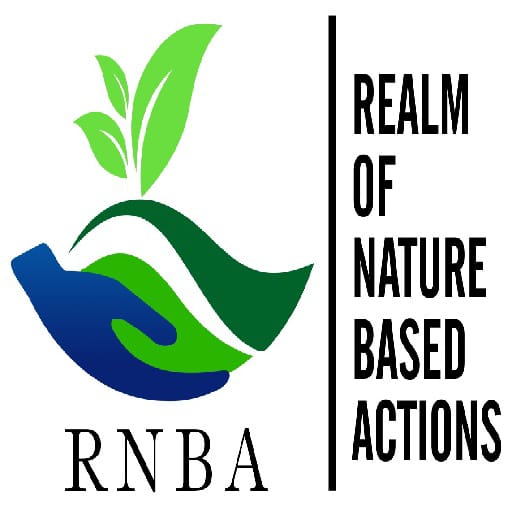RNBA and Partners target for 3 years was 610. RNBA and Partners have indirectly supported 751 farmers through SHGs and VLFs (Village level federation). In the first year of the project, 100 farmers were supported for cooperative farming in the first year of the project implementation. Some of the activities that were taken up under cooperative farming are poultry, ginger, turmeric and maize. The cooperative farming has been jointly taken up by all the SHG members. For poultry farming, the SHGs have been provided with 100 chicks each, feeds, feeders, drinkers and medicine and vaccination. The beneficiaries were directly supported with the entire requirement as transportation is a challenge for the villagers. And for other agricultural activities for cooperative farming, the beneficiaries were financially supported so that the money can be utilised as per their requirement.
In the second year, RNBA and partners supported 239 farmers through Cooperative farming where maize plantation was done collectively by four SHG members wherein they spend Rs.10500 /- for purchasing seeds and labour charge for land preparation. The group have harvested the maize and the total turnover was Rs. 15500/. They sold the maize @ Rs.5 per Kg. It was sold at the nearest market. Though the harvested crops might not result to heavy turnover however it has enhance their income. The total amount received for cooperative farming by the group was utilised for maize and potato plantation. Piggery is one of the activities that are taken up under cooperative farming at PHDO target area. Initially, they started with 6 piglets which they sold later for Rs.10000-Rs.15000/- per pig.
Beneficiaries under cooperative farming who took up ginger plantation at CWG target area harvested about 1500 kgs. Plantation of 200 Kg each of ginger have increase their yield to approximately 1500 kgs each which they sold it for Rs.20 per Kg.
Turmeric farming was taken up by SHG as a cooperative farming at PHDO area. The total amount of turmeric planted was 800 Kgs of turmeric which they purchased it @Rs.25 per kg. At the time of harvest, the total turnover was about 1800-2000 Kg which was sold @Rs.25 per kg. The product was harvested in the month of November.
At RNBA target area, backyard poultry is taken up by 15 SHG. Total numbers of birds are 1500. The SHGs increased their income around 3000 each per SHG.
During the second year of APPI project implementation, RNBA and Partners’ beneficiaries took up Potato farming, maize plantation, pineapple plantation, king chilli plantation, sugarcane plantation and banana plantation under cooperative farming. Cooperative farming has encouraged the farmers in carrying their work more efficiently. This activity helps the farmers not only in economical front but also has brought the community closer. Witnessing the positive changes from this activity also encouraged KVK to provide seeds (maize seeds and mustards) for the farmers. In addition, our goal to integrate cooperative farming with other crops/trees in close proximity has made the farming more resilient and sustainable. After careful discussion with farmers based on their keen interest and benefits from livestock RNBA and partners came to decision to farm livestock as a part of cooperative farming.
The target set for the final year was 310, 97beneficiaries from 13 SHGs (includes RNBA and PHDO beneficiaries) were supported for cooperative farming in this reporting period. Lemon plantation, potato plantation, peas plantation, turmeric plantation, ginger plantation, banana plantation, maize plantation and groundnuts plantation are the variety of activities under cooperative farming. Cooperative farming has encouraged the farmers in carrying their work more efficiently. In addition, RNBA supported 10 VLFs comprising of 916 beneficiaries as (livestock) cooperative farming. RNBA under APPI Project have promoted 8 VLFs in taking up duckery as cooperative farming and 2 VLFs in taking up piggery as cooperative farming.
Cooperative farming have increased groups’ production and incomes by helping better linkages with finance, agricultural inputs, information and output markets. This activity has also helped the community and the SHGs in creating social relations by enabling groups to achieve goals that may not otherwise be able to achieve themselves. This activity have in a way empowered women economically and socially by involving them in decision making processes that have created additional learning and provided more opportunities.
Cooperative farming which initially had high expectation has gained to action and RNBA and partners’ beneficiaries plan to scale up without any financial assistance for outside.
